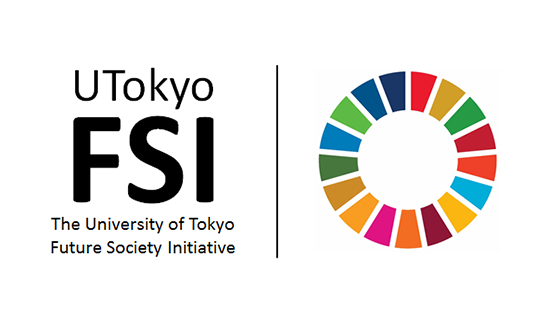Examining how the law can support an aging society

This is a series of articles highlighting some of the research projects at the University of Tokyo registered under its Future Society Initiative (FSI), a framework that brings together ongoing research projects that contribute to the United Nations Sustainable Development Goals (SDGs).
FSI Project 032

A judicial system without barriers to access is needed, so that everyone can easily receive legal advice and support.
By 2036, it is estimated that 33.1 percent of Japan’s total population will be over 65 years old, or about one out of every three people. A large-scale project is underway to prepare for the changes this will bring, researching the legal problems or disputes that people will face in their daily lives, and what kind of legal system we will need.
“We conducted a similar survey in 2006 and 2007, but over the past 10 years Japan’s society has aged rapidly, and new types of problems and disputes have emerged surrounding the aged with regards to nursing care, health care, housing, property management, adult guardianship, consumer affairs and so on. In fact, most of the problems concerning the elderly involve legal problems. There is a pressing need for a new survey to determine a suitable legal framework to cater to a superaging society,” said Professor Iwao Sato.
From November 2017 to February 2018, two large-scale surveys were carried out: 1) a dispute survey of a randomly selected nationwide sample of citizens’ experience of disputes and 2) a litigation survey of plaintiffs and defendants and their lawyers involved in a random selection of adjudicated cases from district courts nationwide. Following these surveys, in-depth interviews were conducted with respondents. Results are now being compiled.
“We found four barriers — high costs, insufficient information, physical distance and psychological resistance — to accessing justice; expert consultation clinics such as the Japan Legal Support Center have been set up, and legal advice offices have been improved and connected in a robust network, but this latest survey should show how effective these actions have been. Also, with the decrease in cognitive function and judgment, there is also the issue of not recognizing that a problem exists or harm has been inflicted, making cognition a fifth barrier that needs to be closely examined. The survey will provide valuable information for developing appropriate systems,” said Sato. The legal framework is on the cusp of major changes to deal with the onset of a superaging society.
SDGs supported by this project



Professor Iwao Sato | Institute of Social Science
Related links
- UTokyo FSI

- Research on Disputing Behavior and Judicial Policy in the Super-Aging Society (FSI project page)

- Future Society Initiative Magazine






